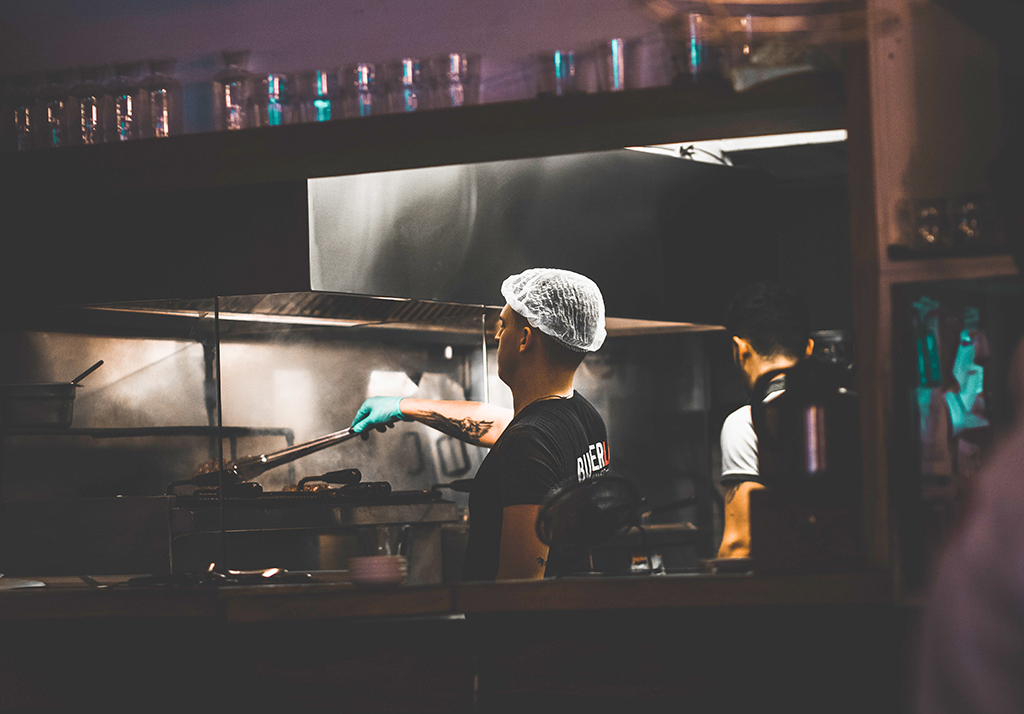
Photo by Emre Kuzu from Pexels
With the onset of the coronavirus, the entire restaurant-clientele dynamic has changed.
The virus has trapped the entire US in their homes, hunkered away from each other. Missing the constant flow of diners, the restaurant market has lost out on nearly $150 billion in revenue in just a few months.
Nearly 30,000 restaurants have had to close their doors—as if owning a restaurant wasn’t hard enough.
Fortunately, some business-savvy owners and new entrepreneurs have pivoted to survive this crisis. They’ve started doing take-out, delivery, and even meal kits to keep their businesses afloat. Some have even pivoted to the mobile restaurant business with a food truck.
Start a Food Truck Business to Cater
Not a lot of people are comfortable eating in crowds yet. There’s still a lingering fear of being exposed to the virus, but the restaurant experience is desperately missed by many.
As always, people still like to eat.
It’s a recipe for the perfect storm. Takeout and delivery have been on the rise since the start of the pandemic. Capture the market of at-home-eating with the alternative option: food truck catering.
Despite social distancing, people still want to be social. They’ll assemble among friends and family but aren’t too adventurous outside of those circles.
And with more people stuck at home, backyard get-togethers and house parties have substituted going out. Those backyard festivities need catering.
Take this opportunity to gain a footing in the community—partner with neighborhoods and local areas to promote your health-conscious business plan.
Among the doom and gloom, some people don’t want to leave their homes at all. Your mobile restaurant may be their only chance to indulge in the nostalgic (has it been long enough to be nostalgic?) dining experience.
Ride Onto Success With Low Overhead
A food truck is a scaled-down restaurant on wheels. As such, they operate at a fraction of the cost.
In this terrible economy, most businesses can’t afford to keep the lights on, let alone issue paychecks. Restaurants operate on margin-thin returns, even in a good climate, because of their substantial fixed and variable costs.
However, a food truck doesn’t face the production scaling issues that a regular eatery does. Most can get by with one or two employees and an eighth of the kitchen. Menus should be kept manageably small, so you can operate a business with a minuscule staff.
Without a huge staff to oversee, you’re not liable for a lot of heads. People are less likely to get sick, and there’s less of an overall risk.
Different Standards
Not many people get food from a food truck for a sit-down experience.
So, a food truck is a lot less restrained than a typical restaurant. You don’t have to worry about seating your restaurant at only 25% capacity. Food trucks aren’t constrained to four walls.
Most importantly, customers are more apt to social distance in a queue for a food truck. They’re not confined to a booth or a table, so they’re free to separate themselves.
Start Your Engines—People Are Hungry
Despite the overwhelming pressure to close restaurants, people still want to eat out. Entrepreneurs have adapted their restaurants in many ways, and some have even chosen to pivot to a food truck business.
Food trucks are perfect for catering, have low overhead, and don’t face the same strict restaurant regulations.
Have an idea for your first food truck? We’d love help you make your dream reality. Reach out today!
